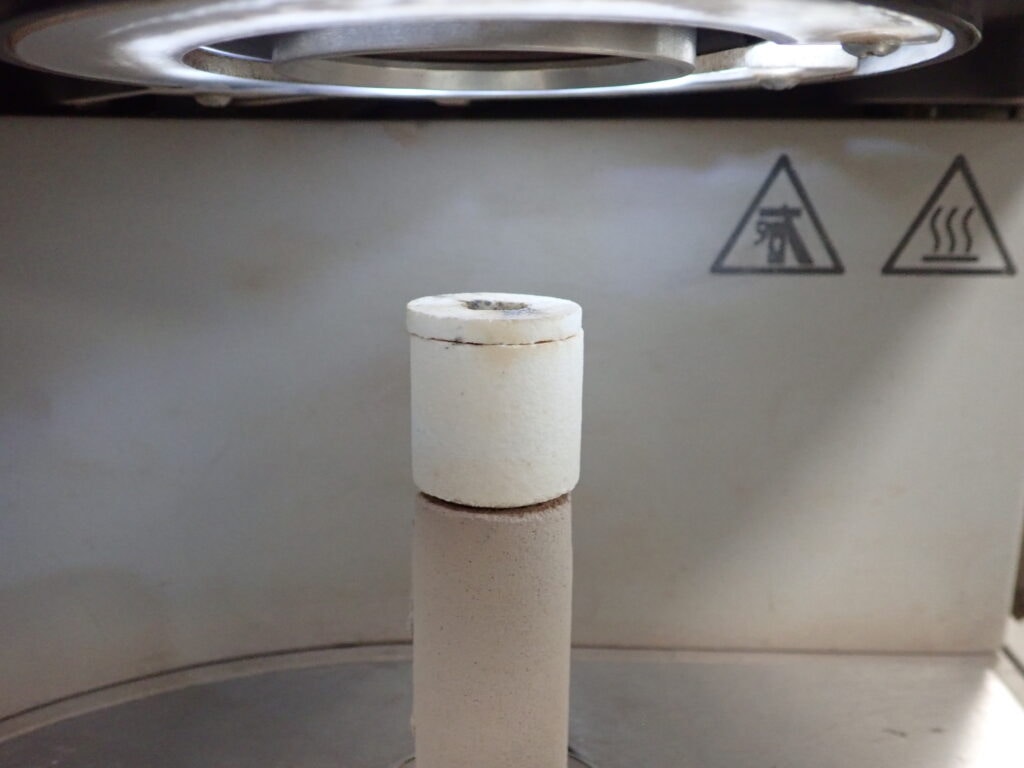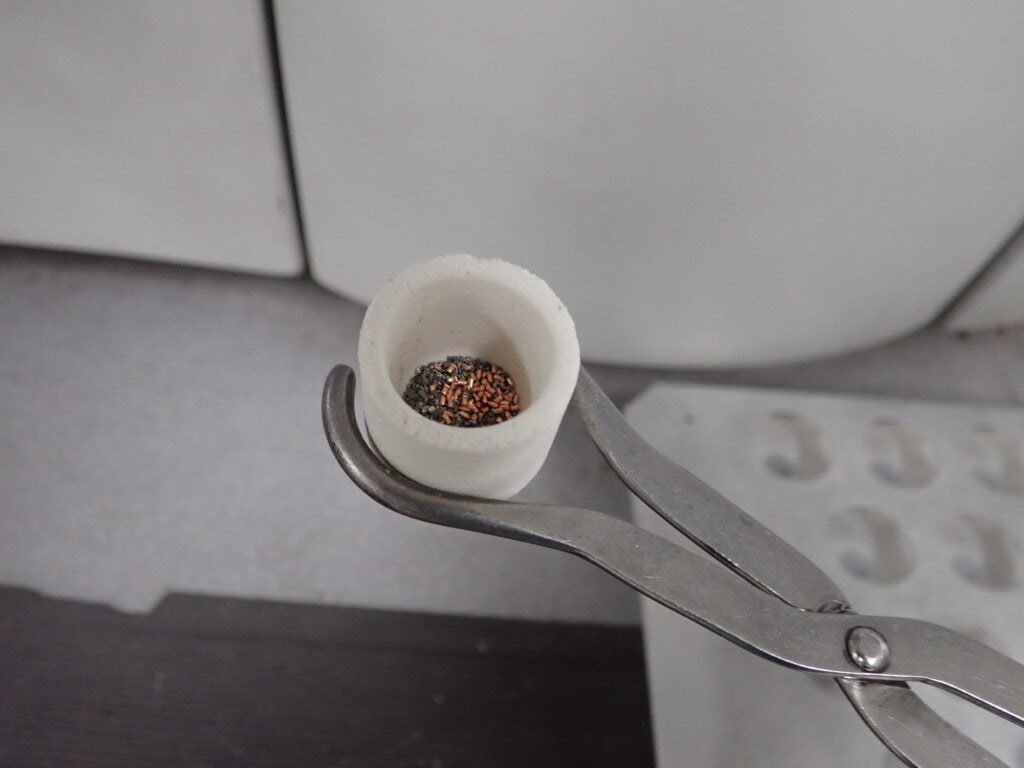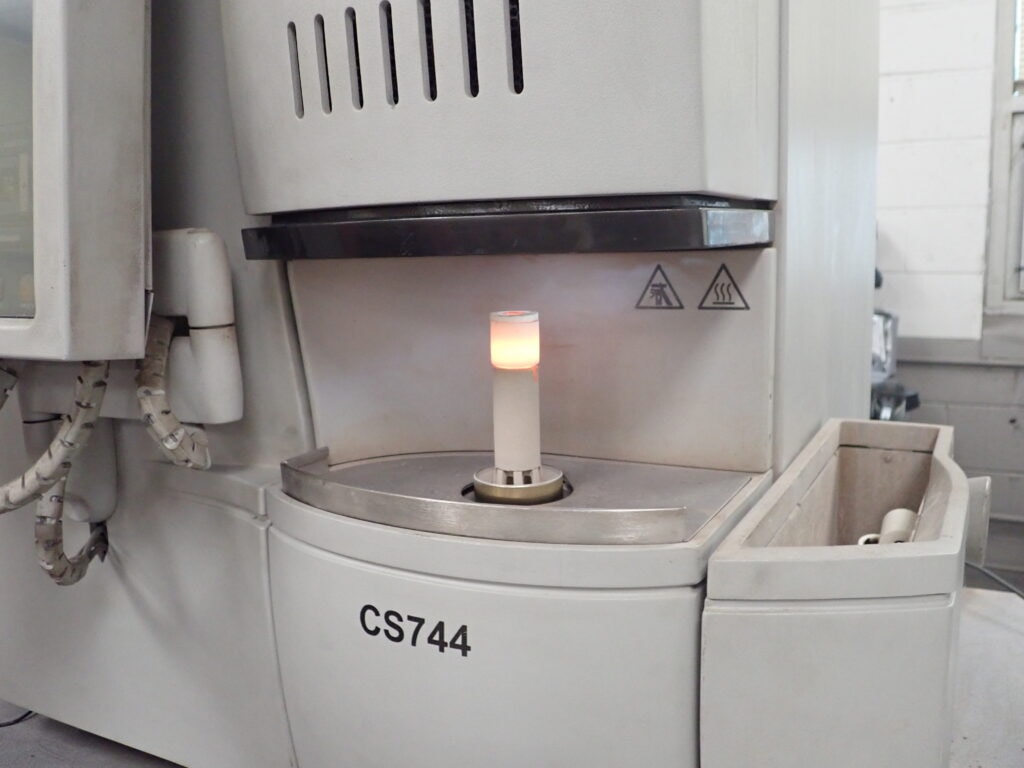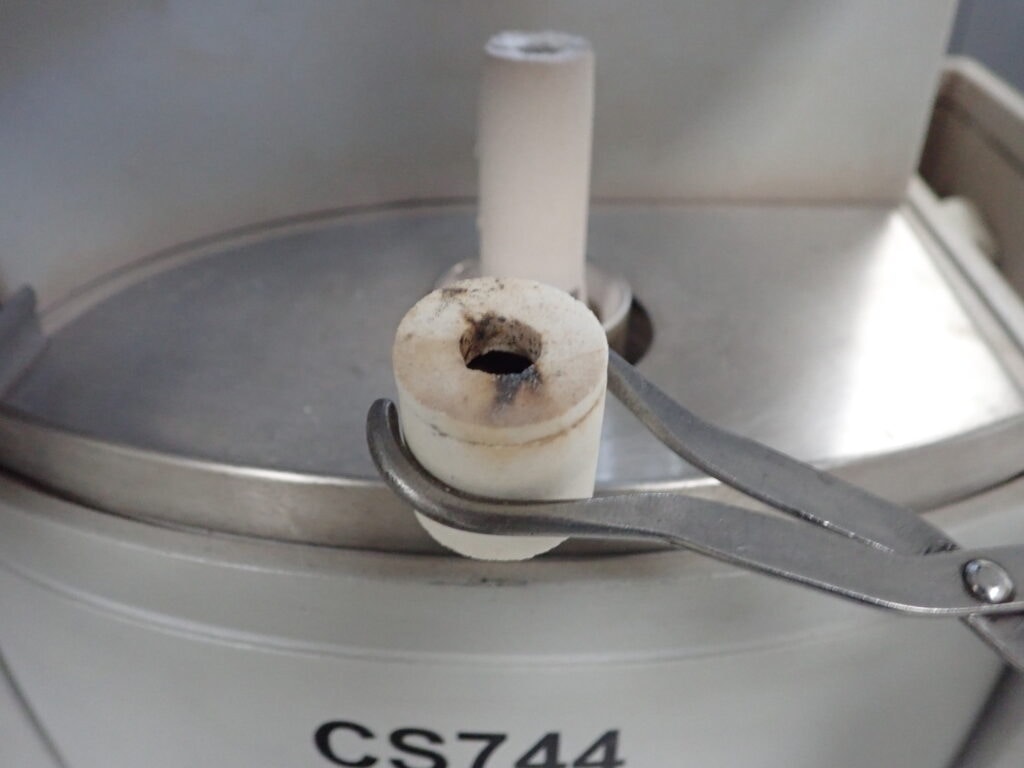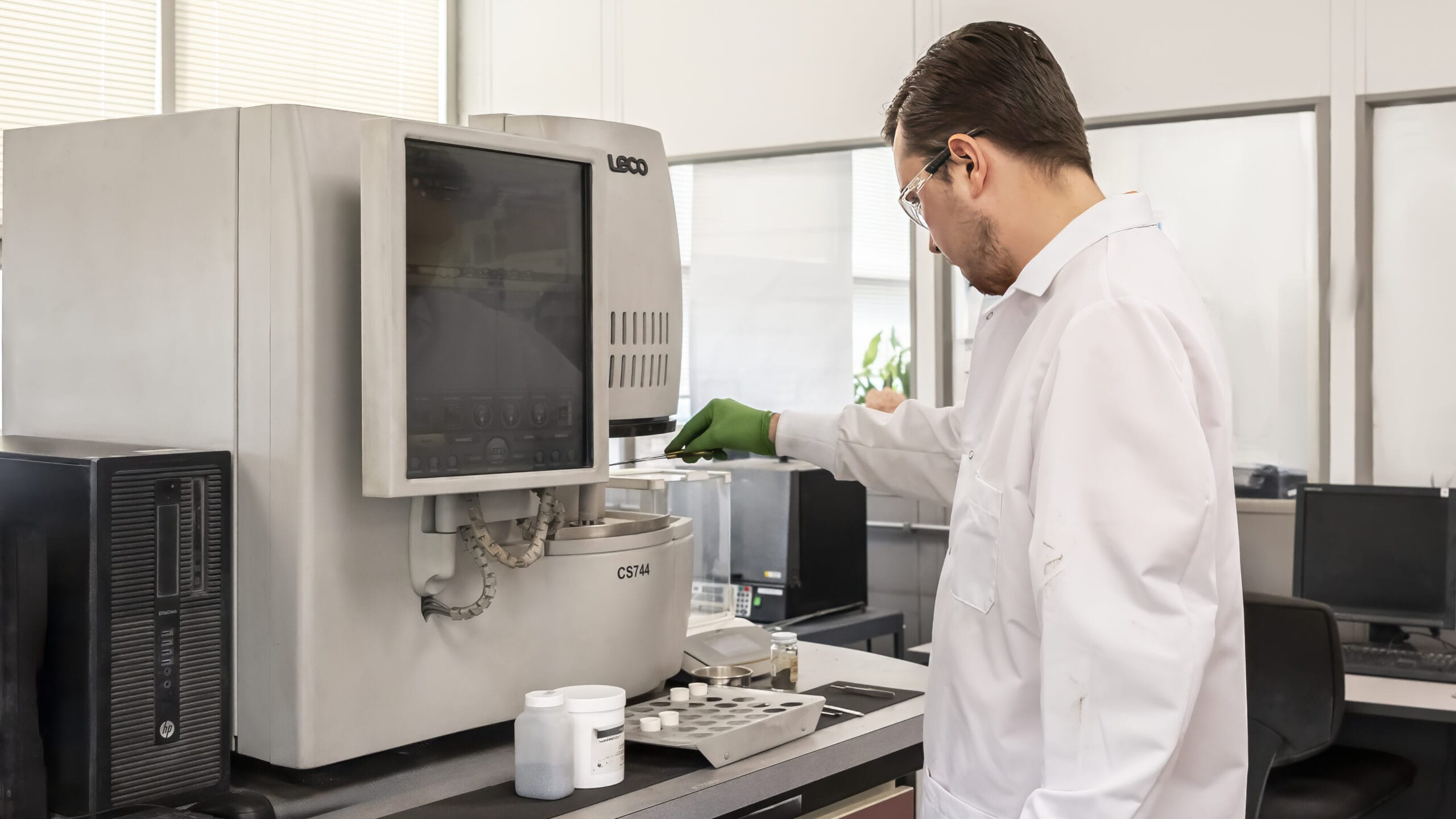
Chemical Analysis
LECO Metal Analysis from SGS MSi
SGS MSi offers LECO Combustion Analysis of metals and alloys for carbon, sulfur, nitrogen, oxygen and hydrogen using state of the art LECO Combustion, Infrared Absorption and Thermal Conductivity Determinators. These test methods produce a high level of accuracy and precision that are especially useful for low detection limits of these elements.
Test Methods and Specifications
The following is a listing of specifications that are in accordance with our A2LA, ISO and NADCAP.
- ASTM E1019 Standard Test Methods for Determination of Carbon, Sulfur, Nitrogen, and Oxygen in Steel, Iron, Nickel, and Cobalt Alloys by Various Combustion and Inert Gas Fusion Techniques
- ASTM E1409 Standard Test Method for Determination of Oxygen and Nitrogen in Titanium and Titanium Alloys by Inert Gas Fusion
- ASTM E1941 Standard Test Method for Determination of Carbon in Refractory and Reactive Metals and Their Alloys by Combustion Analysis
- ASTM E1447 Standard Test Method for Determination of Hydrogen in Reactive Metals and Reactive Metal Alloys by Inert Gas Fusion with Detection by Thermal Conductivity or Infrared Spectrometry
- ASTM E2792 Standard Test Method for Determination of Hydrogen in Aluminum and Aluminum Alloys by Inert Gas Fusion
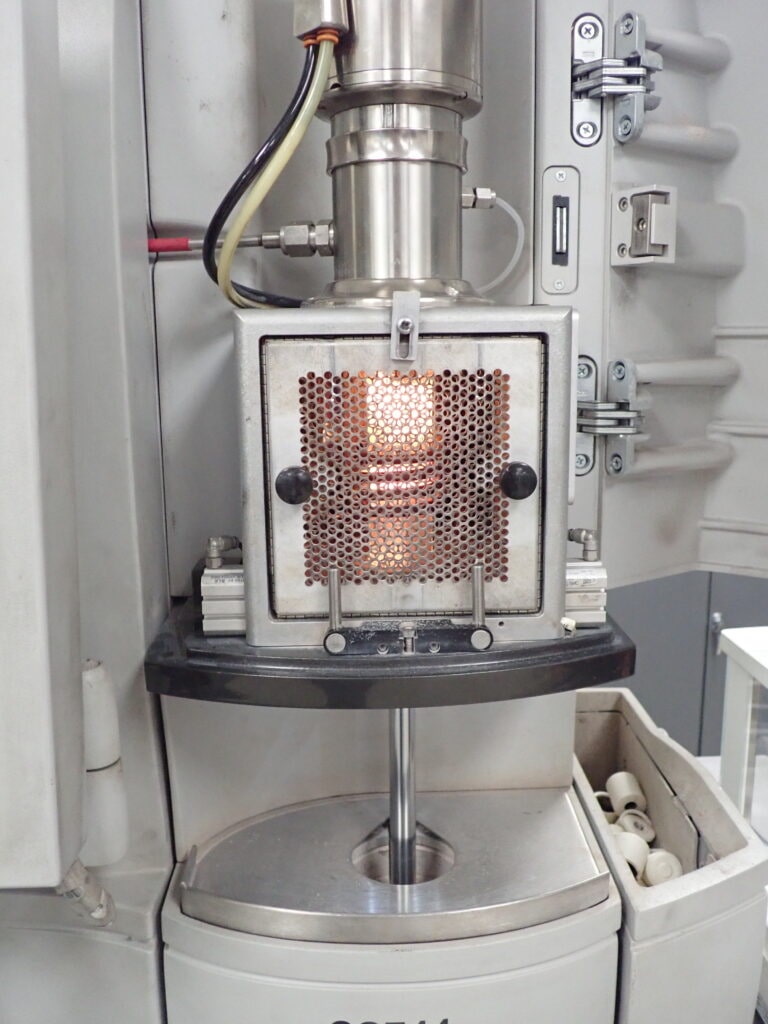
LECO Combustion Analysis
SGS MSi Testing & Engineering uses state-of-the-art LECO Determinators to provide superior accuracy when detection limits are low or samples are small. Analyzing a variety of metals and alloy combinations, LECO Combustion Analysis successfully detects low levels of carbon, sulfur, nitrogen, oxygen and hydrogen (from .0002 to .05 percent, depending upon the sample type).
- Carbon & sulfur analysisAfter weighing your material, we heat and combust in the presence of pure oxygen. During the process, carbon and sulfur are oxidized to form CO2 and SO2.
- Oxygen & nitrogen analysis Incorporating gas fusion under a flowing stream of helium, SGS MSi engineers measure combustion gases through infrared absorption and thermal conductivity. During this process, oxygen and carbon combine to form CO2, and nitrogen is released as N2.
- Hydrogen analysis
Incorporating gas fusion under the flowing stream of inert argon gas, SGS MSi chemists measure fusion gases by thermal conductivity. During the process hydrogen is released as H2.
LECO Carbon Analysis
In many industrial and manufacturing applications, a precise elemental composition is necessary for optimized performance and product longevity. Depending upon your project requirements, SGS MSi Testing & Engineering uses chemical and mechanical test methods to determine the composition of your metal or alloy sample.
Utilizing state-of-the-art LECO instrumentation, SGS MSi’s experienced engineering team offers carbon analysis for metal and alloy samples. The LECO system requires only a nominal sample weight, and analysis involves oxidizing the sample material using an induction furnace. During the combustion process, carbon is converted to CO2 and measured with an infrared detector. Through this innovative technique, SGS MSi engineers can accurately determine the carbon content of any provided metal or alloy.
LECO Nitrogen Analysis
In many industrial and manufacturing settings, a precise metal or alloy composition is required for optimized performance and product longevity. Depending upon your project-specific needs, the SGS MSi Testing & Engineering team uses mechanical and chemical testing methods to determine the composition of your metal or alloy sample.
To ensure accuracy, SGS MSi relies on state-of-the-art LECO technology to provide nitrogen analysis for steel, iron, nickel and cobalt alloys. Delivering elemental results quickly and precisely, LECO’s Nitrogen Determinator is designed for nominal sample weights. Using inert gas fusion techniques, LECO’s field-proven instrumentation allows our industry-leading metallurgical engineers to accurately determine the nitrogen content of any metal or alloy.
The SGS MSi team uses LECO’s industry-leading instrumentation to test carbon steel, stainless steel, alloy steels, cast iron, nickel alloys, titanium alloys and cobalt alloys. Partnering with the manufacturing, aerospace, marine, energy & power, heavy equipment, medical, foundry and other industries, our degreed engineers provide detailed reports of combustion analysis results and recommendations. To request a LECO analysis estimate, speak with a team member, or schedule metallurgical testing, contact our staff via email or phone today.
